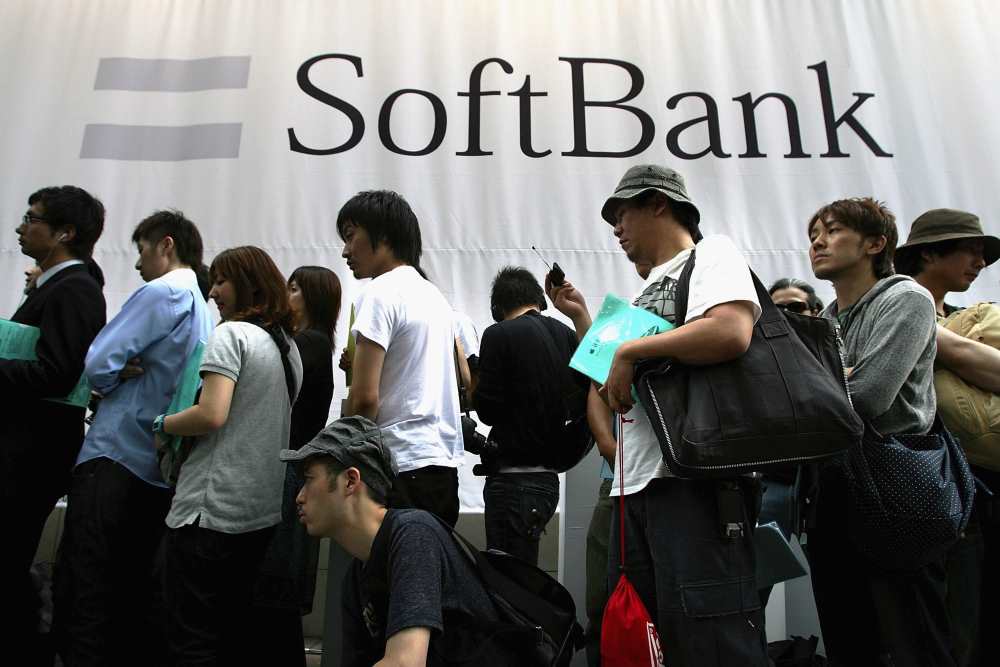By Hadassa Kalatizadeh
SoftBank Group Corp has widely been criticized for investing in WeWork. The Japanese multinational conglomerate holding company put in a total of roughly $14 billion in the office-sharing startup, which has yet to turn a profit. SoftBank, known as the as the 36th largest public company in the world, suffered an upsetting write down, and its own shares are now down approximately 30 percent from their April high. Founder Masayoshi Son conceded “there was a problem with my own judgement” in investing in WeWork. But now, one analyst is offering rays of hope. Chris Lane of Sanford C. Bernstein is saying that at the end, SoftBank will have the “last laugh”.
As reported by Bloomberg News, the financial planning expert says that WeWork still has the potential for a profitable future if it changes its business model, focuses on maximizing the occupancy rate in its current real estate assets, and steers clear of excess and expansion. Lane compares the business model to that of Starbucks, which was able to complete because of branding and global scale. “We think investors should think of the basic business as being similar to Starbucks,” Lane wrote. “While profitable, the scale of profits that can be generated from a single site is small. Starbucks as a corporation only makes sense if you plan to open thousands of outlets.”
After an Initial Public Offering fiasco, WeWork failed to go public, and co-founder Adam Neumann stepped down. WeWork’s valuation dropped from the estimated high of $47 billion down to the current valuation of less than $8 billion. The fast-growing co-work company, which lost roughly $1.61 billion last year, was bailed out by SoftBank, which ended up with an 80 percent stake in the company. Marcelo Claure, whom SoftBank has appointed the new executive chairman of WeWork, will now lead an effort to turn around the company, focus on becoming profitable and cut spending and expansion.
In a 21-page research report, Lane wrote that WeWork can turn a profit if it fills its space, thereby taking over 8 percent of an emergent market for ready-to-move-in offices for corporate companies. He says the company can even branch out to offering flexible real estate or “managed space as a service” to a wide range of clientele, possibly making $500 monthly on memberships. He estimates that WeWork’s revenue can rise to $1.5 billion if it can reach 90 percent occupancy for its real estate assets. Then when it becomes profitable, it can go public, maybe in 2023. He believes that the company has the potential for a valuation of $28.8 billion by the year 2025, which would mean a 40 percent profit for SoftBank on its investment.
“We believe WeWork’s valuation is justified if you believe in the long-term, ‘office space’ will be a managed service outsourced to professionals – and that WeWork will be the leading global player,” Lane wrote. “Despite the huge embarrassment WeWork has been for SoftBank this year, we suspect SoftBank will have the last laugh when they bring the company back to market in a few years – bigger and profitable.





